- Originally published: June 14, 2021
- Last updated: May 27, 2025
If you’re working in facility management — or thinking about getting into it — you’ve probably come across the FMP certification. But is it really worth the time and money?
In this article, we’ll break down everything you need to know: what the FMP actually is, how it compares to other certifications like the CFM and SFP, how much it costs, and what the benefits are.
Guide to FMP certification
What is FMP — meaning
FMP stands for Facility Management Professional. It’s a certification from IFMA (International Facility Management Association) that helps people build a strong foundation in running and taking care of buildings and workspaces. It’s one of the first big steps for anyone wanting to grow their career as a certified facility manager.
Getting your FMP shows that you understand the basics of how facilities work, from maintenance and operations to planning and leadership. It also helps prepare you for more advanced certifications like the SFP (focused on sustainability) or the CFM (for more experienced managers). Speaking of…
FMP vs CFM
FMP is the starter certification. It’s designed for people who are new to facility management or want to build a solid foundation. It covers the basics — things like how to manage buildings, keep things running smoothly, and support the people who use the space.
- Good for beginners or those early in their careers
- No experience required
- Focuses on learning core skills
- No expiration date
CFM, on the other hand, is for experienced professionals. To get the CFM, you need several years of facility management experience. The exam tests your ability to solve real-world problems and handle all areas of facility management. It’s more of a big-picture, strategic-level certification.
- Good for seasoned facility managers
- Requires several years of experience
- Recognized as a top-level credential in the field
- Valid for 3 years
Although it is less popular, you can also go for The Sustainability Facility Professional (SFP). This certification is for people who want to make buildings and workplaces more eco-friendly. It teaches you how to save energy, reduce waste, and run things in a way that’s better for the environment and the company.
What’s the best facility management certification?
Each one has its own focus, so the best choice really depends on where you are in your career.
If you’re new to the field, the FMP is a great starting point because it teaches you the basics and helps build your confidence. If you already have a few years of experience and want to show you’re a top expert, the CFM is the most respected and widely recognized certification. And if you’re focused on making buildings more eco-friendly, the SFP is perfect for learning how to manage spaces in a sustainable way.
Certification | Best for | Experience needed? | Focus area |
|---|---|---|---|
FMP | New or mid-level facility managers | ❌ No | Core skills and concepts |
CFM | Experienced professionals aiming for leadership | ✅ Yes | Strategic, high-level facility mgmt knowledge |
SFP | Those passionate about sustainability | ❌ No | Eco-friendly facility operations |
IFMA certification cost
If you’re going for the FMP (Facility Management Professional) certification, the full FMP course bundle costs about $1,650 if you’re an IFMA member. If you’re not, then FMP certification costs $1,990. You can also buy the learning modules one at a time — those usually start at around $525 for members and $650 for non-members. The bundle includes all four modules plus the assessments you need to complete to get certified.
If you’re aiming for the CFM (Certified Facility Manager) certification, the cost is different because it’s based on an exam. The application and exam fee is $550 for IFMA members and $815 for non-members. There’s also an optional practice exam for $150. To keep your certification active, you’ll need to renew it every three years, which costs $290 for members or $365 for non-members.
For the SFP (Sustainability Facility Professional) certification, the cost is a bit lower. The full program bundle is around $1,150 for IFMA members and $1,550 for non-members. This covers all the study materials and access to the online course platform. It’s a good option if you’re interested in green building practices and running more eco-friendly workspaces.
Becoming an IFMA member can help save money on all of these certifications, so it’s worth considering if you plan to get more than one or want access to extra resources and discounts.
The question remains, though:
Is FMP certification worth it?
It’s definitely worth it if you’re planning to grow your career in facility management or work in coworking spaces or hybrid offices.
Here’s why:
You learn the essentials
The FMP covers the core areas of facility management — like operations, maintenance, finance, leadership, and workplace strategy. This means you’ll understand not just how things work day-to-day, but also how to plan ahead and improve how spaces are used.
Employers notice it
Even though it’s not always required, having the certification shows that you know what you’re doing, and that can really help when you’re applying for jobs or asking for a promotion. FMP is a recognized credential around the world, and having it on your résumé shows you’re serious and well-trained.
It supports career growth
Many people who earn their FMP go on to take on higher roles or more responsibility, whether that’s becoming a facility director, managing larger buildings or teams, or moving into sustainability or workplace strategy. It also sets you up to go for the CFM certification and career advancement.
It pays off
With more skills and credibility, you’re more likely to earn a higher salary. Some companies even offer raises or cover the cost of certification as part of professional development.
It’s useful in modern workspaces
Today’s workplaces, especially coworking spaces and hybrid offices, need smart, flexible management. The FMP gives you the tools to design and run spaces that support flexible work, save costs, and keep people happy and productive.
It’s a one-time investment
Once you get your FMP, it never expires. That’s a big plus — you can show it off for your whole career without needing to recertify every few years.
How to get FMP certification
1. No degree or experience required (but it helps)
You don’t need a degree or years of work experience to sign up for the FMP. But if you’ve already worked a bit in facility management (or a related field like operations or property management), the course will make a lot more sense and feel more useful. Still a student or just starting out? That’s totally fine too — you can use it to kick-start your career.
2. Sign up for the FMP course through IFMA
Go to ifma.org and register for the FMP Credential Program. You can buy it directly from their site. Prices vary depending on whether you’re an IFMA member or not — members get a nice discount.
- Expect to pay between $515 and $1,850, depending on your membership and job status.
- You can buy the full bundle (includes all course materials + final assessments), or buy modules separately.
3. Complete the training modules
The FMP program has four core topics (called modules) you’ll need to learn:
- Operations & Maintenance
- Project Management
- Finance & Business
- Leadership & Strategy
You can take the courses online and go through them at your own pace. Most people finish it in a few months, depending on how much time they have.
4. Pass the assessments
Each module includes a final test. There’s no big exam at the end — you pass by completing all four modules and their online assessments. Once you finish them, you’ve officially earned your FMP designation.
5. Add it to your résumé and LinkedIn
After getting certified, IFMA gives you a digital badge you can proudly show off on your résumé, website, LinkedIn, or job applications.
🏁 That’s it!
You don’t need years of experience, and there’s no stressful final exam. Just work through the learning modules at your own pace, pass the tests, and you’re done. It’s a one-time investment that can open doors in facility management, coworking space operations, hybrid office management, and more.
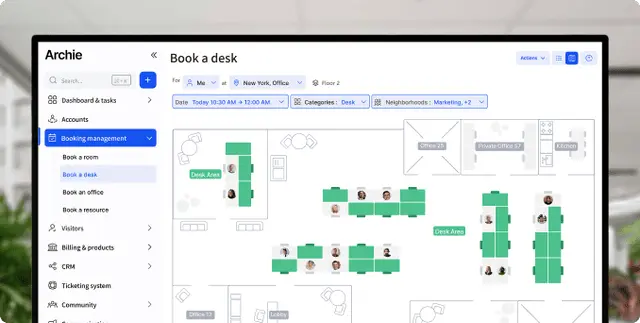


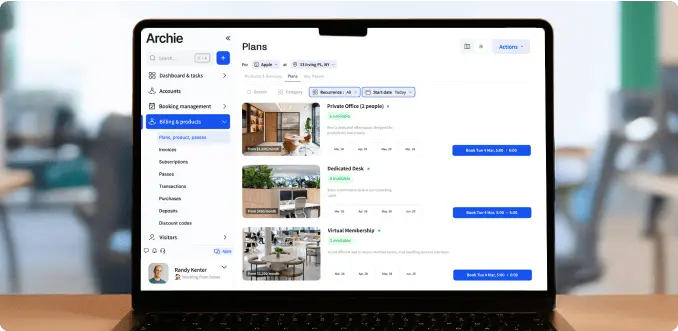
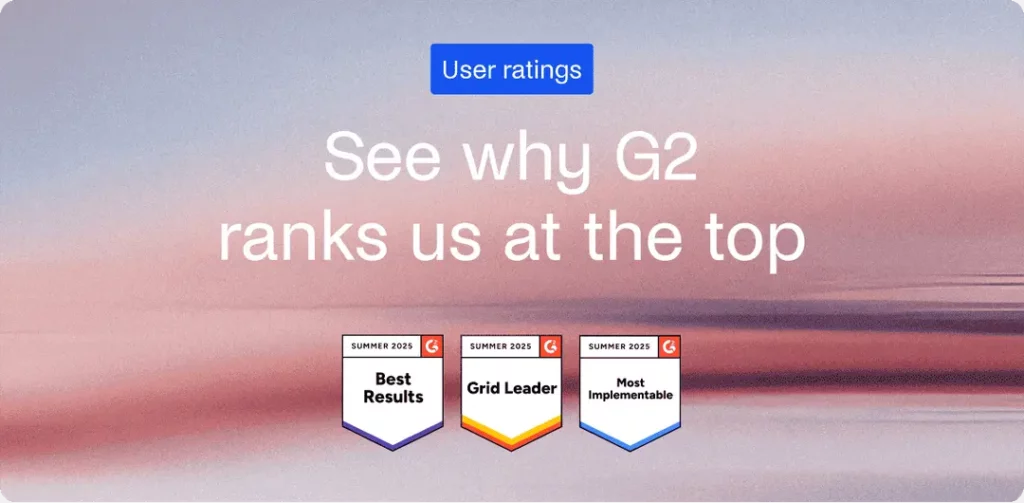
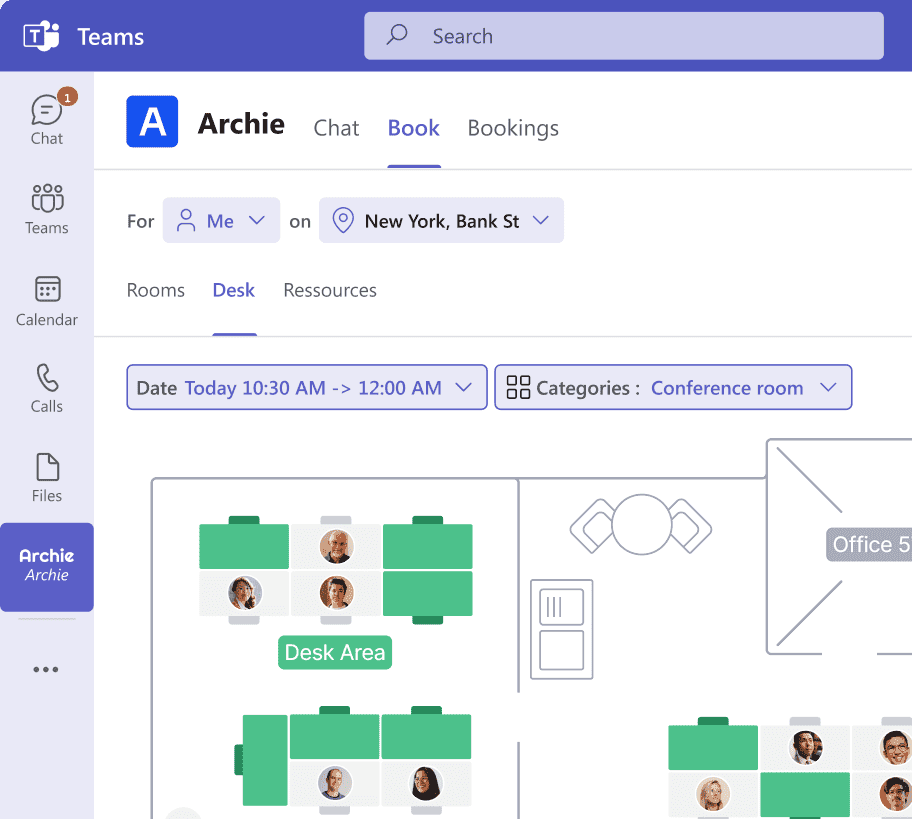

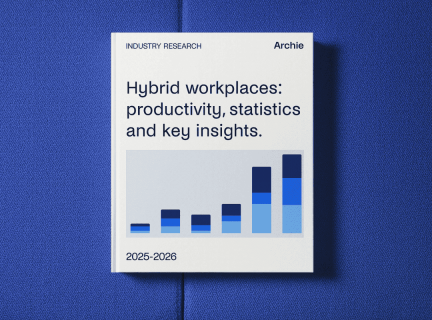

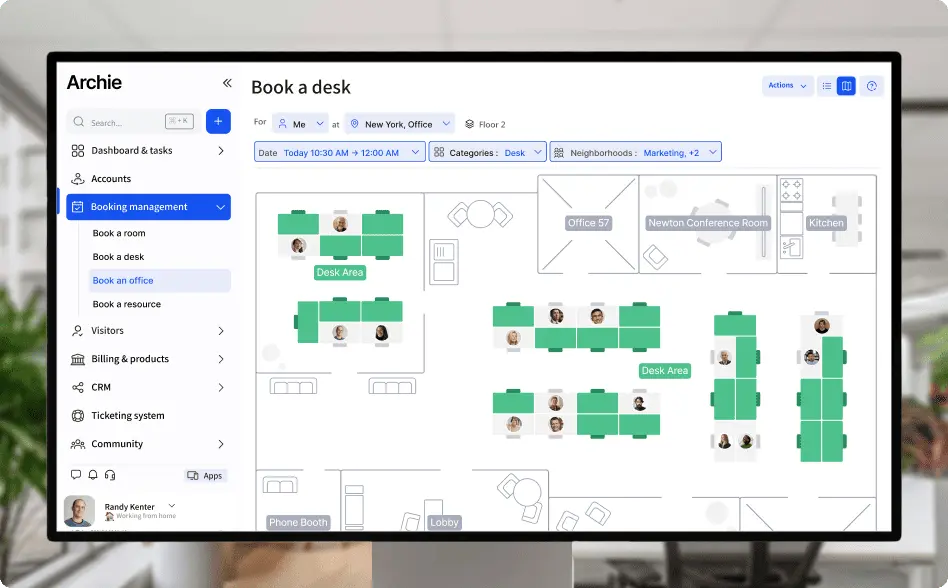
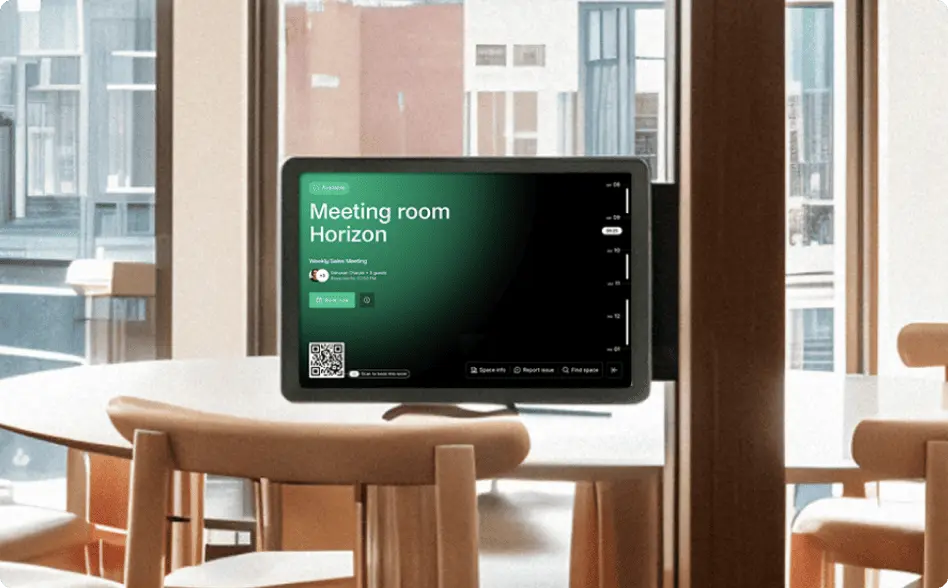
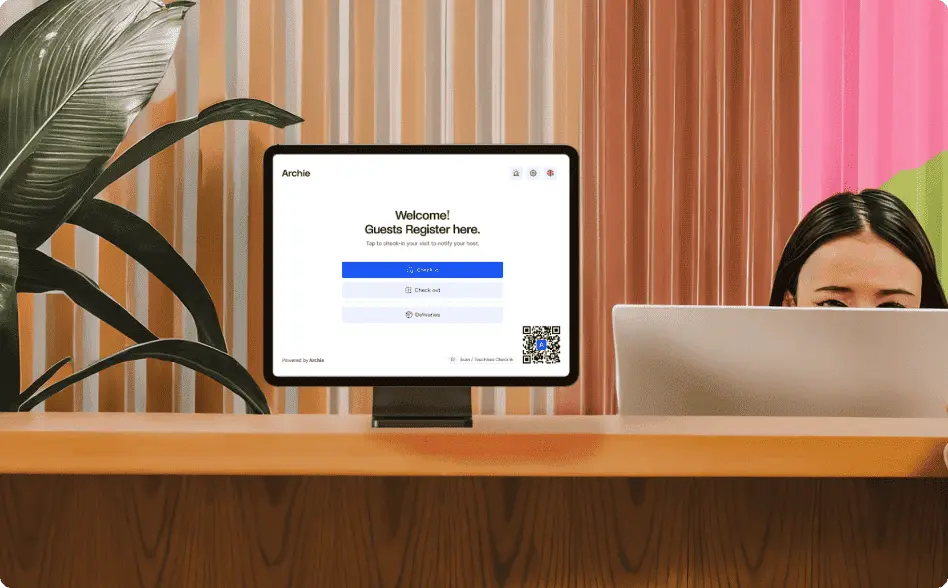
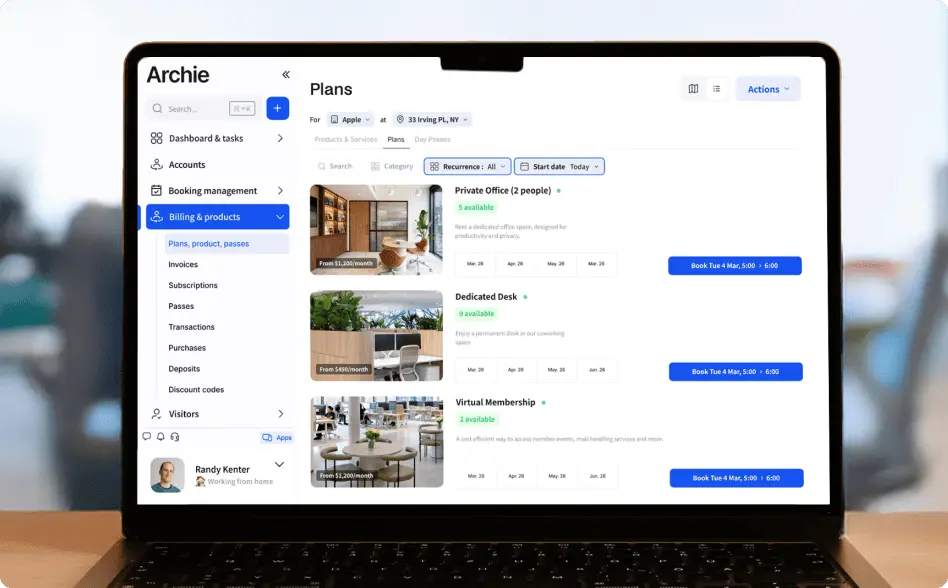





![Envoy Software Review: Features, Pricing, Pros & Cons [2026] Office space full of desks.](https://archieapp.co/blog/wp-content/uploads/2025/10/Envoy-software-overview-cover-image-400x400.jpg)

